History of Science, Philosophy and Culture in Indian Civilization: Towards Independence: Cultural Foundations of Mathematics (Volume X, Part IV)
Synopsis
The volumes of the Project of History of Science, Philosophy and Culture in Indian Civilization aim to discover the central aspects of India's heritage and present them in an interrelated manner. In spite of their unitary look, these volumes recognize the difference between the areas of material civilization and those of ideational culture. The project is not being executed by a single group of thinkers, methodologically uniform or ideologically identical in their commitments. Rather, contributions are made by different scholars of diverse ideological persuasions and methodological approaches. The project is marked by what may be called 'Methodological Pluralism'. In spite of its primarily historical character, this project, both in its conceptualization and execution, has been shaped by scholars drawn from different disciplines. It is the first time that an endeavour of such unique and comprehensive character has been undertaken to study critically a major world civilization. This volume examines, in depth, the implications of Indian history and philosophy for contemporary mathematics and science. The conclusions challenge current formal mathematics and its basis in the Western Dogma that deduction is infallible (or that it is less fallible than induction). The development of the calculus in India, over a thousand years, is exhaustively documented in this volume, along with novel insights, and its related to the key sources of wealth-monsoon-dependent agriculture and navigation required for overseas trade--and the corresponding requirement of timekeeping. Rejecting the usual double standard of evidence used to construct Eurocentirc history, a single, new standard of evidence for transmissions is proposed. Using this, it is pointed out that Jesuits in Cochin, following the Toledo model of translation, had long-term opportunity to transmit Indian calculus texts to Europe. The European navigational problem of determining latitude, longitude, and loxodromes, and the 1582 Gregorian calendar-reform, provided ample motivation. The mathematics in these earlier Indian text suddenly starts appearing in European works from the mid-sixteenth century onwards, providing compelling circumstantial evidence. While the calculus in India had valid pramana, this differed from Western notions of proof, and the Indian (algorismus) notion of number differed from the European (Abacus) notion. Hence, like their earlier difficulties with the algorismus, Europeans had difficulties in understanding the calculus, which, like computer technology, enhanced the ability to calculate, albeit in a way regarded as epistemologically insecure. Present-day difficulties in learning mathematics are related, via "Phylogeny is Ontogeny", to these historical difficulties in assimilating imported mathematics. An appendix takes up further contemporary implications of the new philosophy of mathematics for the extension of the calculus, which is needed to handle the infinities arising in the study of shock waves and the renormalization problem of quantum field theory.
Read more
75.60
68.04
$
84.00 $
Free delivery Wolrdwidе in 10-18 days
Ships in 1-2 days from New Delhi
Membership for 1 Year $35.00
Get it now and save 10%
Get it now and save 10%
BECOME A MEMBER
Books by the same authors
-
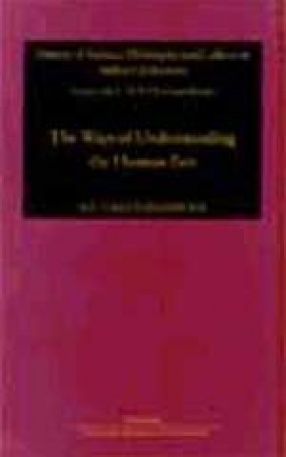
Ways of Understanding the Human Past : Mythic, Epic, Scientific and Historic
-
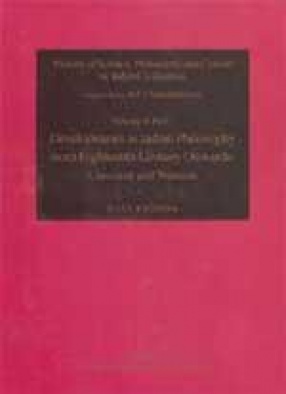
History of Science, Philosophy and Culture in Indian Civilization: Developments in Indian Philosophy from Eighteenth Century Onwards: Classical and Western (Volume X, Part I)
-
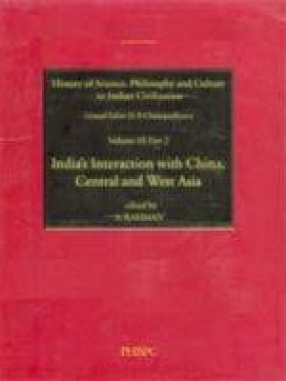
History of Science, Philosophy and Culture in Indian Civilization: Interaction with China, Central and West Asia (Volume III, Part II)
-
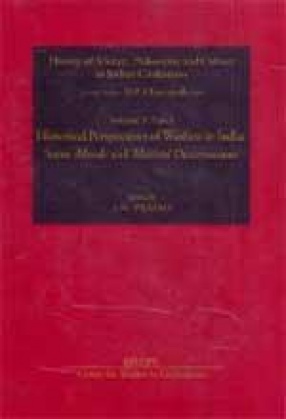
History of Science, Philosophy and Culture in Indian Civilization: Historical Perspectives of Warfare in India: Some Morale and Material (Volume X, Part III)
-
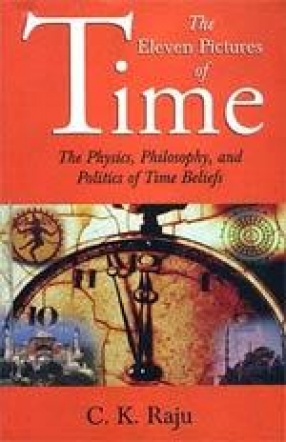
The Eleven Pictures of Time: The Physics, Philosophy, and Politics of time beliefs

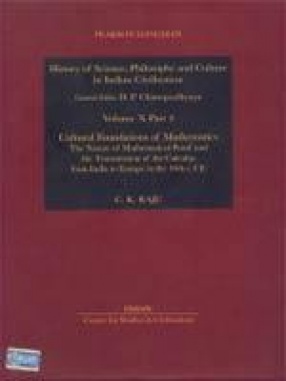


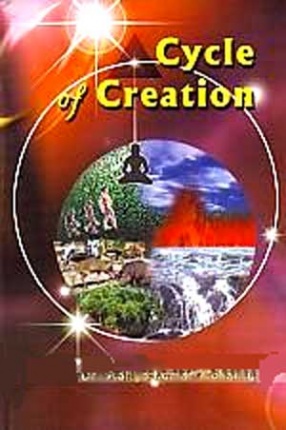
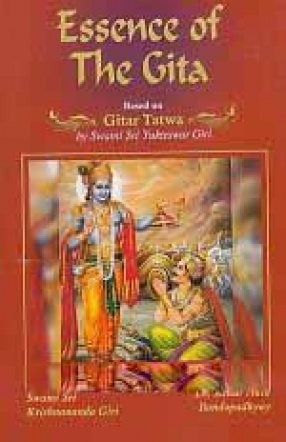

Bibliographic information
C.K. Raju